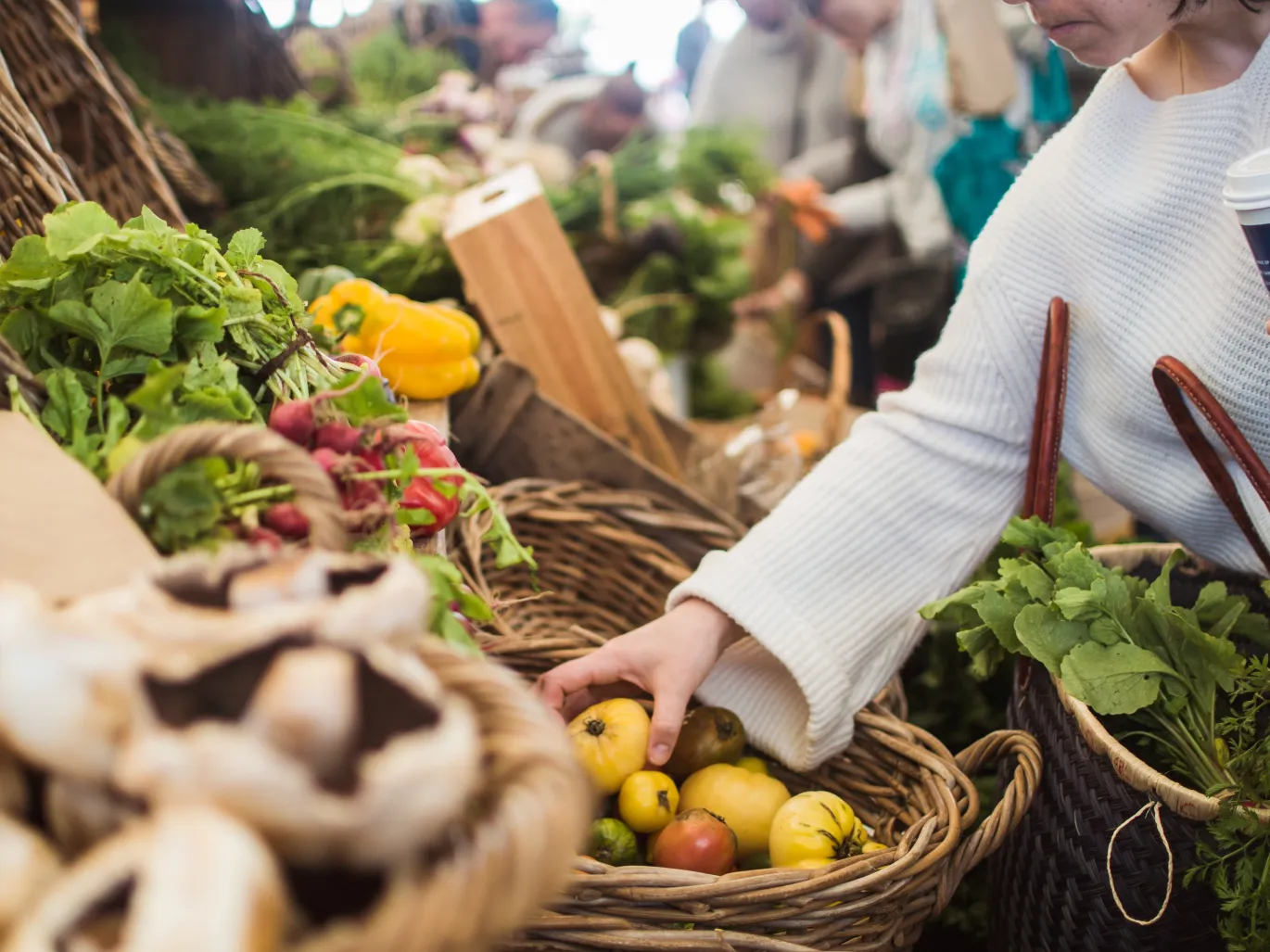Greening the Sonora

Ever heard of greening the Sahara? In the Sahara and other places where increasing desertification seemed inevitable, a new kind of agriculture is making the desert bloom. Here at Desert Rose, we’re taking steps to bring that bloom to the Sonora with the same new methods: permaculture, mixed with hugelkultur.
Methods Permaculture is organic farming, plus. Organic farming grows soil. Conventional farming, which is now to a large extent corporate farming, depletes the soil. Conventional methods cover ground with imported topsoil; get water by damming and diverting watercourses for irrigation that’s often inefficient; and sow monocrops — all cotton, all soya, all corn, all wheat. Monocrops are often not natural to the land where they’re being grown. They easily fall prey to disease and insects unless sprayed with pesticides and herbicides, chemicals harmful to other plants and animals. Such farming eventually causes desertification, such as the infamous Dust Bowl of the 1930s.
Organic farmers grow healthy soil with compost, natural pest control, and other methods. But organic farms, like conventional farms, usually produce monocrops, because they’re competing in the same markets, so they often use sprays for pest control.
Although the sprays are organic, they’re not without ill-effects. A permaculture farmer or gardener, on the other hand, grows diverse crops that love the climate and land where they’re planted; they don’t need artificial encouragement to grow — they’re less prone to disease because they’re in their natural habitat, and they attract beneficial insects. And instead of over-using water, permaculture con” serves and re-uses rainwater and other water; raises water levels in the ground; and lets greenery flourish which protects and feeds the soil and creates rain. That’s why, in deserts, permaculture, with the addition of hugelkultur, can change the environment for the better with water, the elixir of life for people, animals, and plants.
Hugelkultur is basically permaculture, plus. Hugelkultur is a system of hugels, which are small berms, or swales — hills. Hugels are made of soil mounded over the fill of tree branches and other biodegradable waste. The fill is wetted down with water and compost tea. In the desert, hugels begin as ditches that are filled in, then covered.
Crops are planted atop the hugels — including trees and other vegetation with water-holding root systems. Trees are also planted all along the earthworks to provide much-needed shade for soil and smaller plants. Inside the earthwork, the fill absorbs and holds water, and as it rots and the roots work, new, fertile soil grows even while crops are tended and harvested. A prospering permaculture garden or farm is a food forest with fruit and nut trees crowning an undergrowth of smaller crop plants.
Another feature of greening the desert projects are hoop houses, a kind of greenhouse that intelligently uses water, shade and naturally enriched soil to grow fresh produce for home use; at DRBI a hoop house is in the works to supply our kitchen at Hadden Hall.
3 Board Members and managers at Desert Rose found out about greening the desert with permaculture and hugelkultur while researching ways to develop 7 1/2 acres here for which we have water rights. The acres stretch from Tweedy Road to A’la’i Drive.
According to the International Declaration of Human Rights, free access to water is the right of every person on earth. But currently, especially in desert places, access to water is limited. For most Desert Rose land, we have limited water rights and rely on our own wells.
Our Greening the Sonora project, unique in Arizona, is working with the 71/2 acres that can use corporately-owned irrigation water, and also will use acreage outside that area, nearer to the Casa de Rosas apartments. All our land is starting out barren, arid, sunburned and saline, just like the land you’ve seen if you clicked on the video links above. In the videos, you saw that land transformed, as we hope to transform our land at Desert Rose.